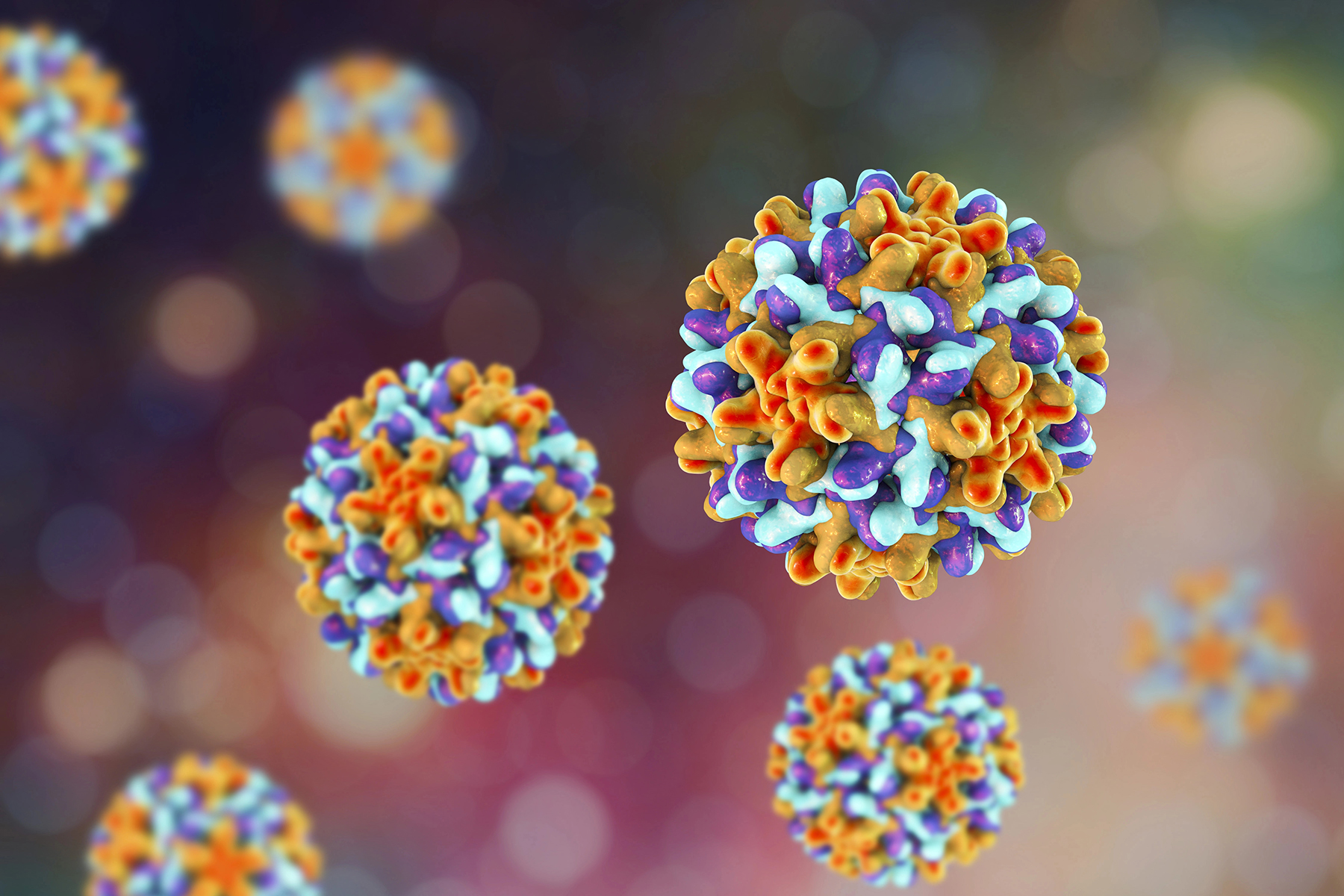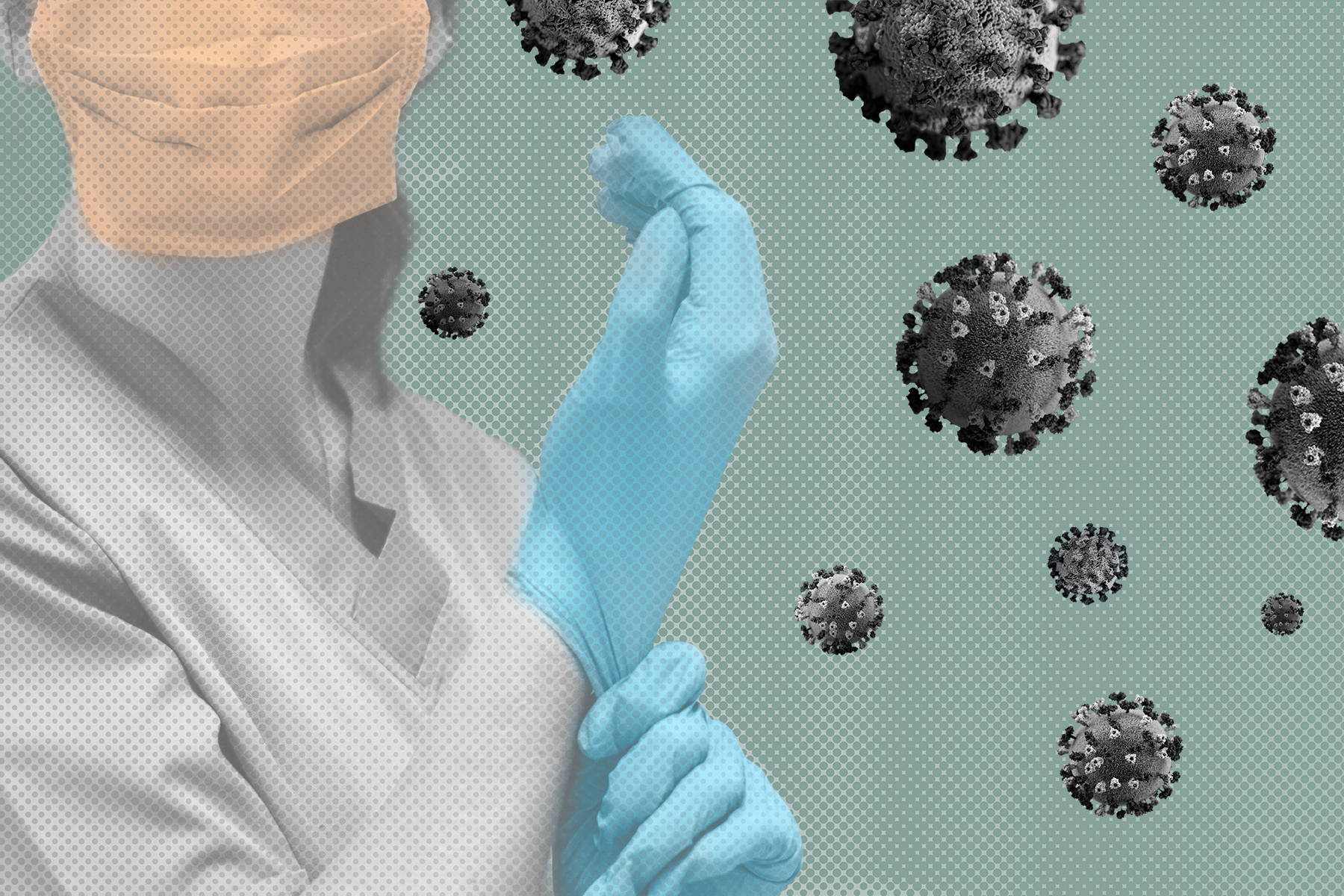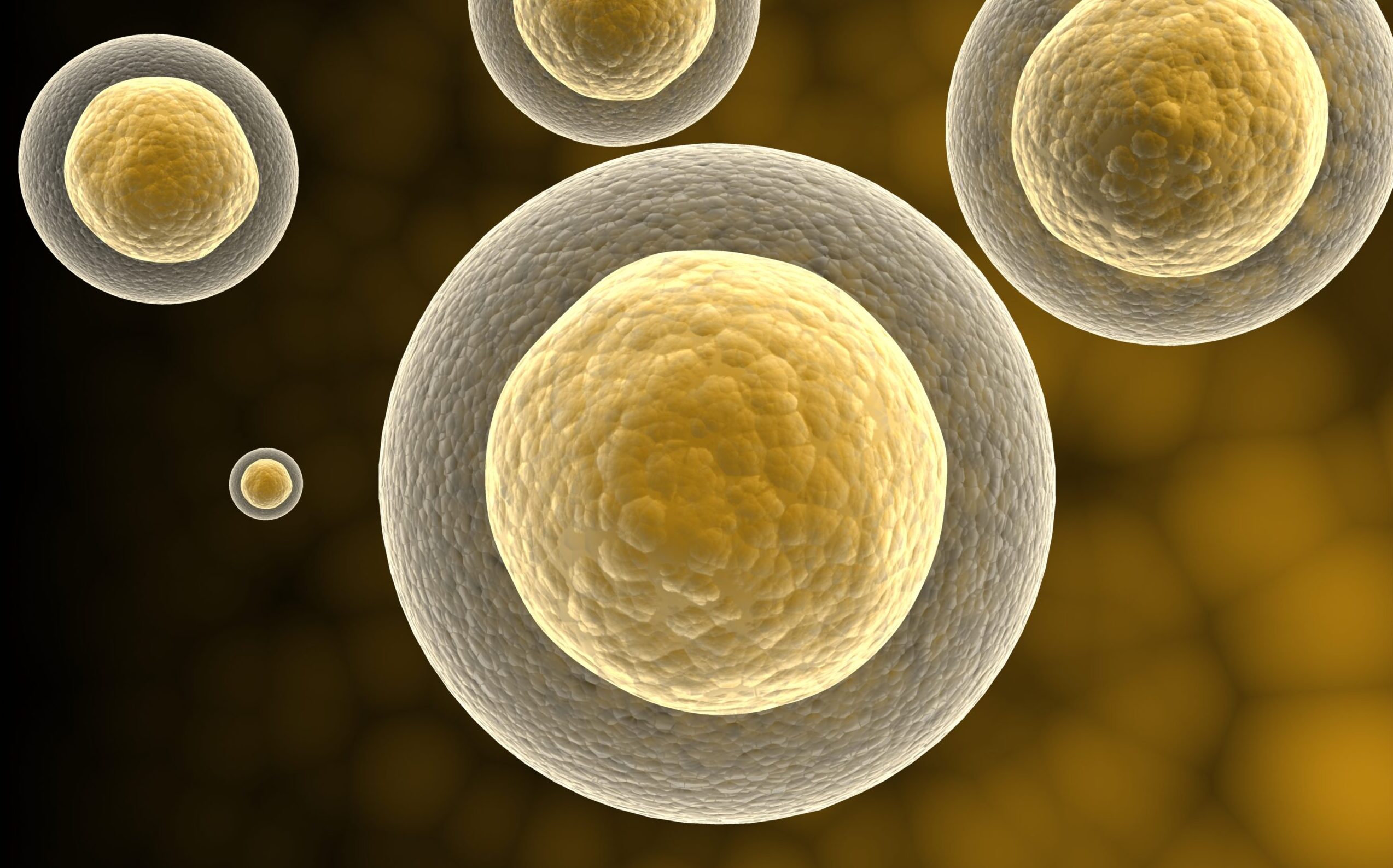Using Simulations to Find the Best Treatment Plan
Researchers from the University of Michigan use SDSC’s Expanse and RCAC’s Anvil to simulate Combo-Antibiotic Plans for TB Treatments.

Researchers from the University of Michigan use SDSC’s Expanse and RCAC’s Anvil to simulate Combo-Antibiotic Plans for TB Treatments.

Researchers use ACCESS resources, Delta and Anvil, to study the life cycle of Hepatitis B in hope of stopping this serious infection in its tracks.

Researchers from the UC San Diego School of Medicine use SDSC’s Expanse supercomputer to help better understand how preeclampsia affects women of different genetic backgrounds.

Researchers from the Public Health Computational, Informatics, and Operations Research (PHICOR) team used ACCESS resources to help find a solution to feeding the world’s population.

ACCESS resource Anvil aids researchers in a yearly training workshop

Department of Energy Project at UC Riverside Uses ACCESS Resources for DNA Findings

Researchers used Purdue’s ACCESS resource, Anvil, to provide scenario modeling data that helped the CDC with their COVID-19 response

University of Kansas researchers who study a rare form of Alzheimer’s disease used Expanse at the San Diego Supercomputer Center at UC San Diego to conduct studies on how mutations of a critical protein enzyme could be treated to better control thought, language and memory.

Scientists reveal structure of the key part of the inner ear responsible for hearing.

Supercomputers help researchers study some of the tiniest pores in the human body.